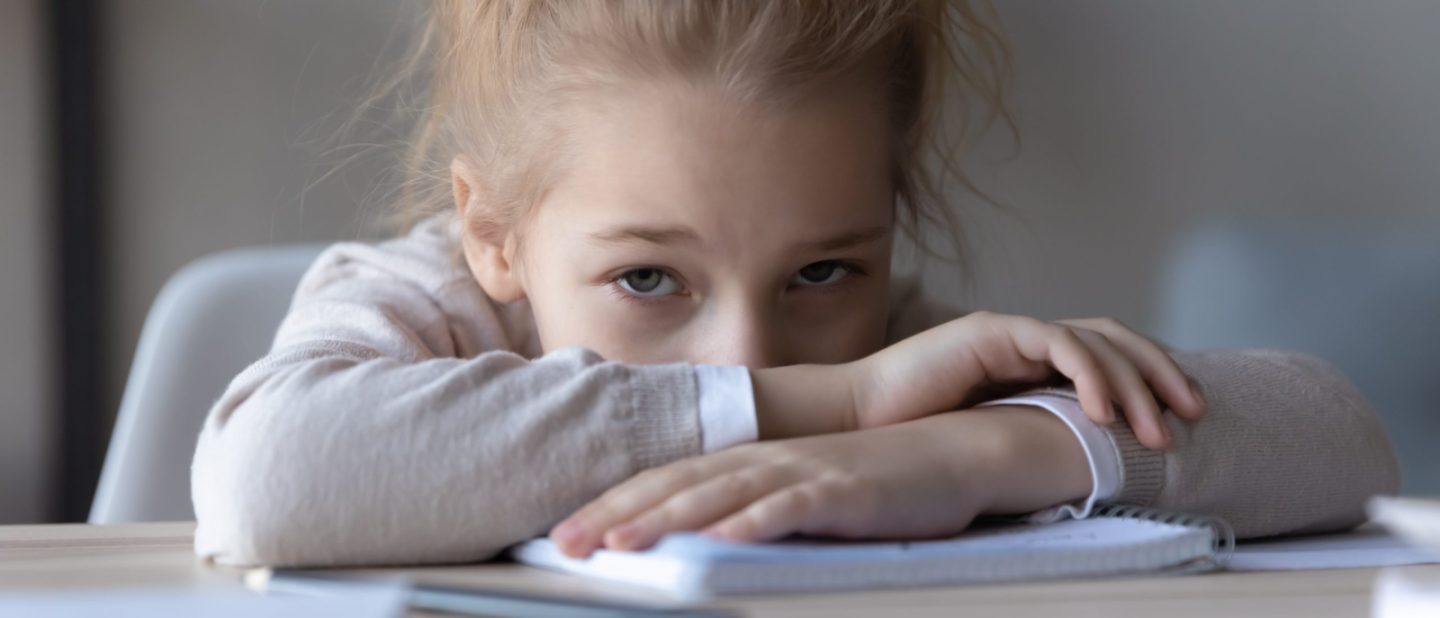
Is your child overscheduled?
By JAMES PIPE
It’s easy to feel like you need to jam pack your child’s schedule with therapies and activities to help “catch them up”. But at what point does it become counter-productive? And when is it important, and indeed vital, to give your child a break? Educational and developmental psychologist, Dr Kimberley O’Brien, shares what to watch out for.
SHOWING SIGNS OF STRESS
While older children can usually recognise when they are feeling stressed and tell you directly, younger children don’t have such self-awareness. So parents need to be on the lookout for behaviours – for instance, have they recently started picking their skin or nail-biting?
“Negative self-talk is another important stress indicator, such as when a child says things like, ‘I’m hopeless’ after participating in an activity. You should also look out for irritability, frustration and forgetfulness, such as forgetting their sports uniform,” Dr Kimberley says.
YOUR CHILD IS HAVING TROUBLE SLEEPING
When children are overburdened, they can feel tired or lethargic. Kids need more sleep than adults, so try to ensure they are getting to bed early and make sure they have a meal or snack before activities, to help bolster those energy levels.
If your child still seems exhausted despite all these efforts, it might be time to cut back on their activities. Overscheduling can leave some children wired and unable to sleep. “When children have so many things to think about and several plans for the next day, they can struggle to get to sleep,” Dr Kimberley says. “Some high-energy children might seem like they need to do a tonne of activities to burn off that energy, but it can have the opposite effect and leave them wired, which can affect their sleep patterns.”
WITHDRAWN FROM PARENTS
If you start to notice your relationship with your child is suffering because of their busy schedule, it could be time to make some adjustments. “When you’re constantly rushing from one place to the next, you’re running late, you can’t find parking and your child can’t find their shoes, the parent- child relationship is put under stress,” Dr Kimberley says. “If you find yourself arguing with your child or they’ve become distant and withdrawn from you, it could be a sign they’re overscheduled.”
YOUR CHILD STARTS PUSHING BOUNDARIES
A child who does not want to beat a therapy session or soccer practice can engage in some less-than-thrilling behaviours – such as sitting down on the soccer field or refusing to do any of the tasks asked by the therapist! But instead of scolding them, talk to them and try
to understand what may be behind their behaviour. Could it be burnout? Or perhaps even sensory overload? Is it indoors with lots of other noises such as whistles or bright lighting? Are there too many instructions being given at once? A switched-on therapist can also help pinpoint the cause.
CRYING BEFORE CERTAIN ACTIVITIES
It is not uncommon for kids to have some teary moments before specific activities, and sometimes even the pressure of therapy can be stressful and emotional for kids. But parents need to act if it’s happening often. “When kids are really emotional, it’s important to not put them in a social context because it can be humiliating and undermine their friendships,” Dr Kimberley says. “Instead, take a breather, go for a walk and teach them how to calm down and regroup. Try to avoid putting pressure on them by saying things like, ‘We paid for the term, so you have to go’. Let them have that session off and tell them that you’re going to figure it out together. It’s a great opportunity for both children and parents to practice emotional regulation.”
PERFORMANCE ANXIETY
Often overburdened kids begin to question their ability to learn new skills and will start withdrawing from certain activities – especially those in which they are not excelling. Discuss with your child what they do and don’t like about therapy sessions. It’s also a chance to talk about growth mindset – that everyone has to practice and be flexible to learn new skills, even you as a parent.
Dr Kimberley O’Brien is co-founder of the Quirky Kid Clinic and an expert in child development and mental health. www.childpsychologist.com.au







